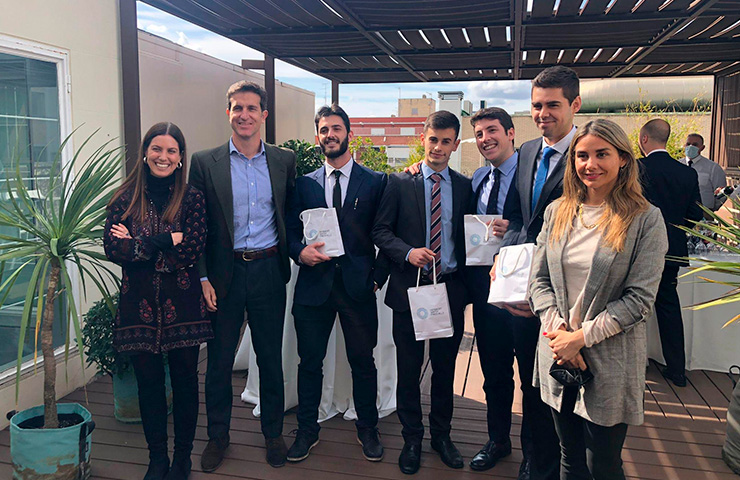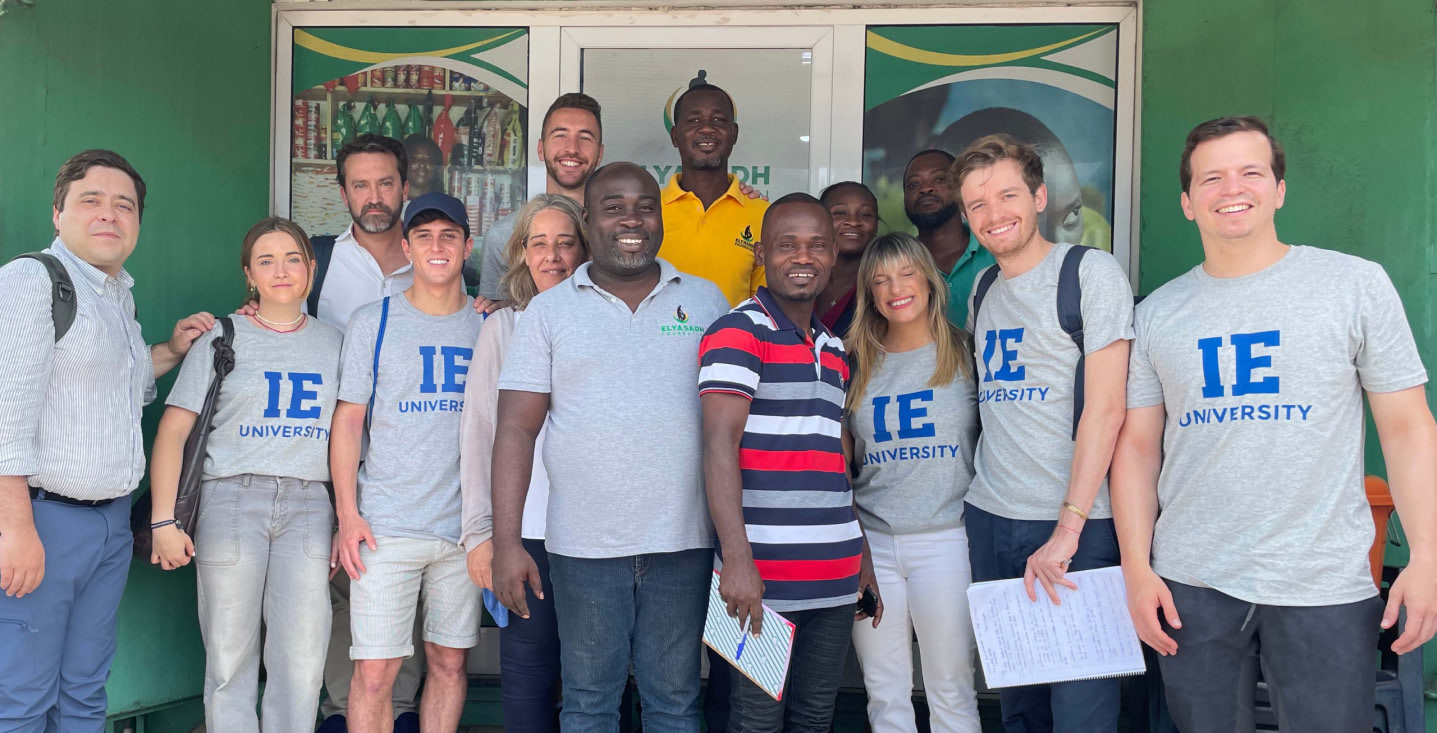07/04/2022
Convalidation is the process of validating studies you’ve completed in another country. This process is necessary for those who have completed a bachelor’s degree abroad and are now looking to complete a “máster habilitante,” or a master’s that will allow them to practice in a regulated field, such as law or architecture. Discover more!
Have you completed a bachelor’s degree in another country and want to continue studying in Spain? Then, you’ll need to have your degree “convalidated”, or verified. In Spanish, this process is called convalidación, and is a necessary step if you’re looking to complete a máster habilitante—or a master’s that will allow you to practice in a regulated field, such as law or architecture.

You’ll need to get your degree convalidated through your Spanish university if you’re studying for 30-60 credits there.
The process can be a bit daunting, but don’t worry—we’re here to explain it step by step.
What’s subject to convalidation?
The Spanish government says that any overseas higher-education studies that meet the criteria established may be subject to convalidation. This is true even if they didn’t lead to the completion of a degree.
There are some exceptions where you may find it difficult to convalidate your studies, such as degrees obtained through recognition of professional practice that constitute more than 15% of the total credits of the study plan. But generally, if your degree was obtained from an institution with the recognized authority to certify them, you should be fine.
Get your documents in order
Unlike homologation, which is done through the Spanish government, convalidation is done through your Spanish university. You’re going to need a fair bit of paperwork in place, though. The exact requirements can vary, but there are some basics you’ll definitely need:
– A certified copy of your ID card, passport or residency card.
– A completed application form detailing your personal data, the subjects you’ve already passed, and the studies you’re looking to convalidate.
– The official certificates, stamped with their university seal, of the subjects you’ve already taken and passed.
– The syllabus of the program you have started, indicating its duration, the subjects that comprise it, and the university’s seal.
There may be the option to complete some sections of the process online—this will depend on the university.

At IE University, we’re here to support our student community as much as possible. If you’re looking for recognition of credit you’ve already completed elsewhere, reach out to us for assistance.
Advice from someone who’s been there
IE Law School’s Associate Director of Undergraduate Programs, Mercedes Blanco, is a Venezuelan-qualified lawyer who completed our LL.M. After completing her studies, she wanted to stay in Madrid. So, she consulted the Ministry about the different ways she could access the legal profession in Spain.
Deciding to convalidate her degree through a university, she had to retake some of the courses from her bachelor’s. However, much of the work she did during her LL.M. was indeed recognized. It’s worth noting here that, for the LL.M., you don’t have to get the exams you’ve taken recognized. This is only the case if you want to do a dual degree and then practice on Spanish soil post-graduation.
Mercedes has some advice for anybody looking to follow in her footsteps and continue their studies in Spain.
– Stay focused. Mercedes had the goal of enrolling in the qualifying master’s program to work in the country’s legal system. She urges you not to lose sight of your objective.
– Be patient. In her case, she calls the need to redo parts of her law degree a “curveball.” However, she reminded herself she was doing it for a specific purpose.
– Make sure you have all the documentation that your university is going to need to complete the convalidation. Mercedes says she had her transcripts, diplomas, course content and syllabi of her bachelor’s and LL.M. courses. She found the LL.M. material particularly useful because that’s where most of her already-recognized work was.
– Keep your eyes open to all your options. Each university will create its own validation report, and they can be in different formats. Mercedes urges you to choose the one that best fits your circumstances and expectations.
Thank you, Mercedes, for your wise advice! This process, like many others in Spain, can take quite a lot of time and energy. But with the right documentation in place, the hard work you’ve already done will be recognized. Good luck!








